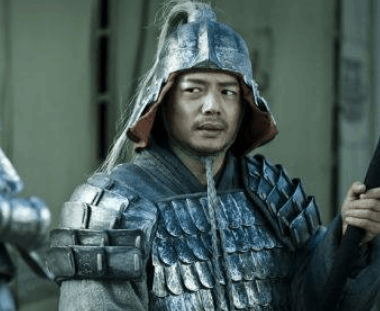After attacking Beijing at the end of the Ming Dynasty, Li Zicheng, the leader of the peasant revolt, reached the peak of his power. However, the subsequent Shanhaiguan Battle became a turning point in his military career. This battle not only determined the fate of the Ming and Qing dynasties, but also marked the beginning of Li Zicheng's decline from the peak. So, what did Li Zicheng lose in this crucial battle?

Firstly, from the perspective of troop strength comparison, Li Zicheng's army had an absolute advantage in numbers. According to historical records, Li Zicheng's army was said to have a million men, while the combined forces of Wu Sangui and the Qing army he faced were far fewer than this number. However, more troops do not equate to stronger combat effectiveness. Although Li Zicheng's army was numerous, it lacked sufficient training and discipline, and was not as tactically flexible as the enemy.
Secondly, there were also problems with Li Zicheng's strategic deployment. He besieged Wu Sangui outside Shanhaiguan for a long time, failing to quickly break through the defense line, resulting in exhausted troops. At the same time, he did not realize the impact of the Qing army's intervention on the battlefield situation and did not make sufficient preparations to respond. When the Qing army and Wu Sangui combined forces to counterattack, Li Zicheng's army was caught in a passive position.
Furthermore, intelligence work was also an important factor in Li Zicheng's defeat. According to historical records, Li Zicheng had insufficient understanding of the strength and movements of the Qing army, and even appeared somewhat overwhelmed by the news of the Qing army's participation in the war. This disadvantage in intelligence made it impossible for him to formulate effective countermeasures or adjust his tactics in response to changes on the battlefield.
Finally, Li Zicheng's personal decisions also played a key role in this battle. At critical moments, some of his decisions were considered too conservative or indecisive, and he did not fully utilize his numerical advantage. For example, after the Qing army arrived on the battlefield, he did not choose to withdraw and reorganize decisively, but insisted on fighting the enemy under unfavorable conditions, ultimately leading to the defeat of the battle.
In summary, the failure of the Shanhaiguan Battle was not solely due to disadvantages in troop strength comparison, but was mostly caused by Li Zicheng's mistakes in strategic deployment, intelligence gathering, and personal decision-making. The loss of this battle not only deprived Li Zicheng of the opportunity to continue northward, but also laid the groundwork for the subsequent southward advance of the Qing army, ultimately leading to the rapid collapse of his Dashun regime.
Disclaimer: The above content is sourced from the internet and the copyright belongs to the original author. If there is any infringement of your original copyright, please inform us and we will delete the relevant content as soon as possible.































